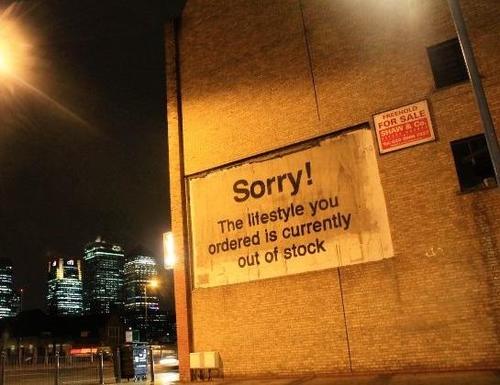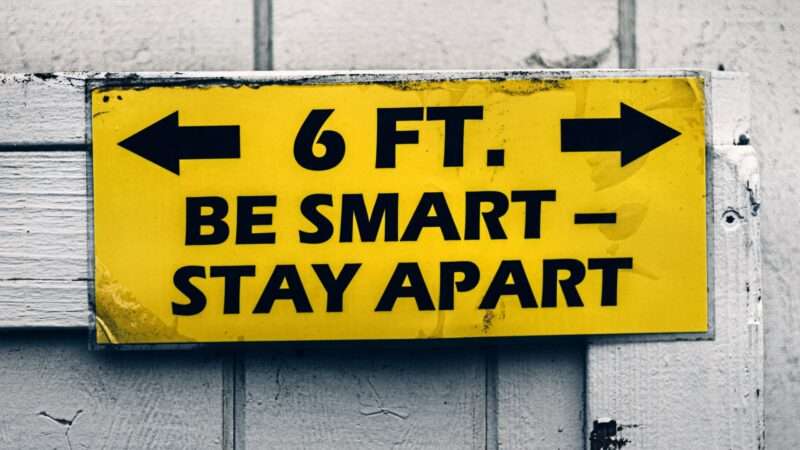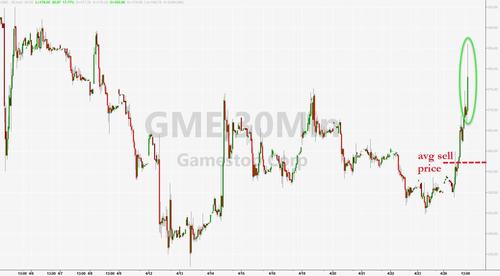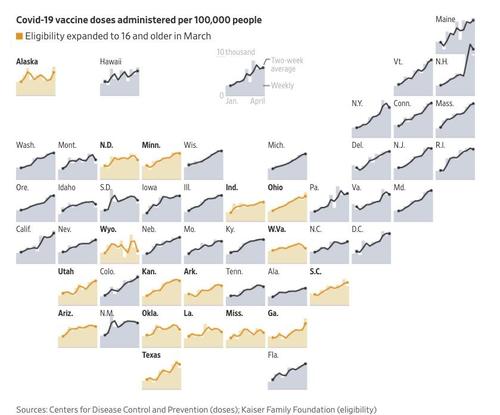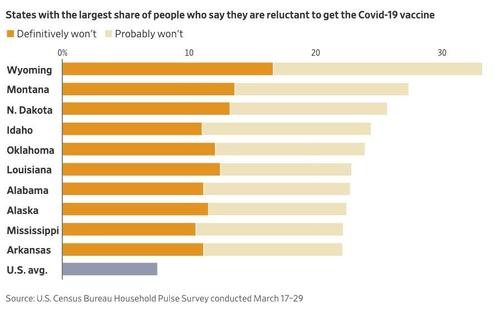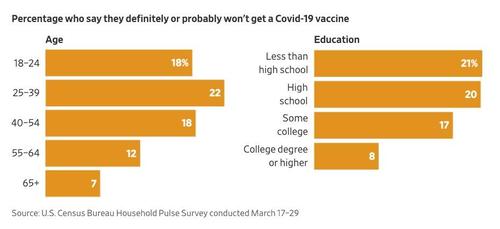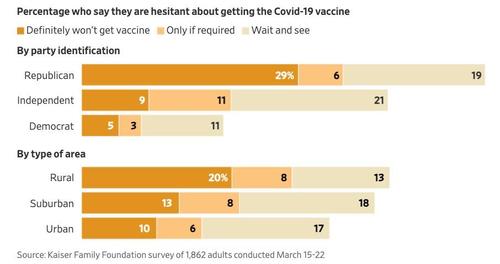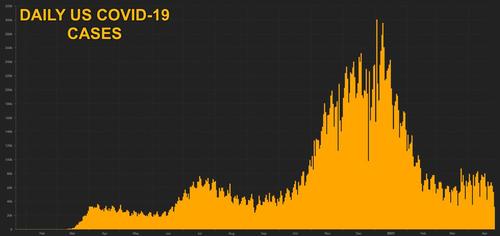A new MIT study of COVID-19 transmission casts doubt on both the adequacy of physical distancing guidelines and the rationale for occupancy limits in large, well-ventilated indoor settings. The study, published this week in Proceedings of the National Academy of Sciences, highlights the danger from tiny respiratory droplets that circulate throughout a room, which cannot be avoided by maintaining a distance of six feet from other people, as long recommended by the Centers for Disease Control and Prevention.
The authors—Martin Bazant, a professor of chemical engineering and mathematics, and John Bush, a professor of applied mathematics who specializes in fluid dynamics—note that the six-foot rule assumes “the primary vector of pathogen transmission is the large drops ejected from the most vigorous exhalation events, coughing and sneezing.” The rule makes sense based on that assumption, since “high-speed visualization of such events reveals that [six feet] corresponds roughly to the maximum range of the largest, millimeter-scale drops.”
But “there is now overwhelming evidence that indoor airborne transmission associated with relatively small, micron-scale aerosol droplets plays a dominant role in the spread of COVID-19.” The six-foot rule does not address that risk. In fact, Bazant and Bush say, “one is no safer from airborne pathogens” at 60 feet than at six feet when the air is well-mixed.
“We argue that, in the context of airborne transmission in a well-mixed space, the benefits of the six-foot rule are limited,” Bazant told Fox News. “As everyone in the room is breathing the same air, they share the same risk. Social distancing may thus be giving you a false sense of security. However, we note that the six-foot rule is valuable in limiting transmission by respiratory jets [such as those emitted by coughs and sneezes], which pose a heightened risk when people are not wearing masks.”
Using data from earlier research, including studies of COVID-19 superspreading events, Bazant and Bush developed a model that estimates indoor transmission risk based on factors such as ventilation, the size of the space, the number of people present, the level of activity (e.g., singing, shouting, or exercising vs. quiet speech or resting), the use of face masks, and the amount of time spent in the space. They found that some safeguards can have a dramatic impact on the likelihood that a carrier will spread the virus.
In “a typical American classroom, designed for an occupancy of 19 students and their teacher,” for instance, “the safe time after an infected individual enters the classroom is 1.2 [hours] for natural ventilation and 7.2 [hours] with mechanical ventilation.” That’s assuming “a quiet classroom,” where “resting respiration is the norm.” When masks are added, “these bounds are increased dramatically, to 8 and 80 [hours], respectively.” If students spend six hours a day in the classroom, “a school group wearing masks with adequate ventilation would thus be safe for longer than the recovery time for COVID-19,” and “school transmissions would be rare,” which jibes with what has been observed after schools are reopened.
Bazant and Bush’s estimates are much less reassuring for “elderly homes and long-term care facilities, which account for a large fraction of COVID-19 hospitalizations and deaths.” Based on New York City’s rules for nursing homes, which allow up to three residents per room and require at least 80 square feet each, and assuming natural ventilation, “the Six-Foot Rule fails after only [three minutes] under quasi-steady conditions, or after 17 [minutes] for the transient response to the arrival of an infected person.” Even with mechanical ventilation, “three occupants could safely remain in the room for no more than 18 [minutes]” in the steady-state scenario.
“This example provides insight into the devastating toll of the COVID-19 pandemic on the elderly,” Bazant and Bush write. “It underscores the need to minimize the sharing of indoor space, maintain adequate, once-through ventilation, and encourage the use of face masks.”
Bazant and Bush’s calculations also suggest that government-imposed occupancy limits, a common response to the pandemic, make sense only in some indoor settings. “Our analysis shows that many spaces may be safe to reopen at full occupancy, while others carry significant risk,” Bazant told Fox News, “depending on the amount of time people spend together, the ventilation rate, whether face masks are worn, and other factors.”
Bazant and Bush have created an online app that calculates the maximum recommended cumulative exposure time (CET) in various settings. The parameters include age group, viral strain, “room specifications” (classroom, living room, church, restaurant, etc.), and “human behavior,” including mask use and activity level. The “advanced mode” of the app includes additional factors, such as infection prevalence and population immunity.
After a person infected by the Wuhan strain enters a church occupied by 100 people who are wearing masks and speaking but not singing, for instance, the basic app says the CET should be no more than 17 hours. Assuming a one-hour service, the app recommends an occupancy limit of 211 people. For a commercial airliner with the same number of people, the maximum CET is 54 hours. The recommended maximum occupancy for an eight-hour flight is 160 passengers. Those estimates assume that a 10 percent risk of airborne transmission is tolerable.
“Often times the space is large enough, the ventilation is good enough, and the amount of time people spend together is such that those spaces can be safely operated even at full capacity, and the scientific support for reduced capacity in those spaces is really not very good,” Bazant told CNBC, mentioning large university classrooms as an example. “I think if you run the numbers, even right now, for many types of spaces, you’d find that there is not a need for occupancy restrictions.”

from Latest – Reason.com https://ift.tt/3tYnTei
via IFTTT

